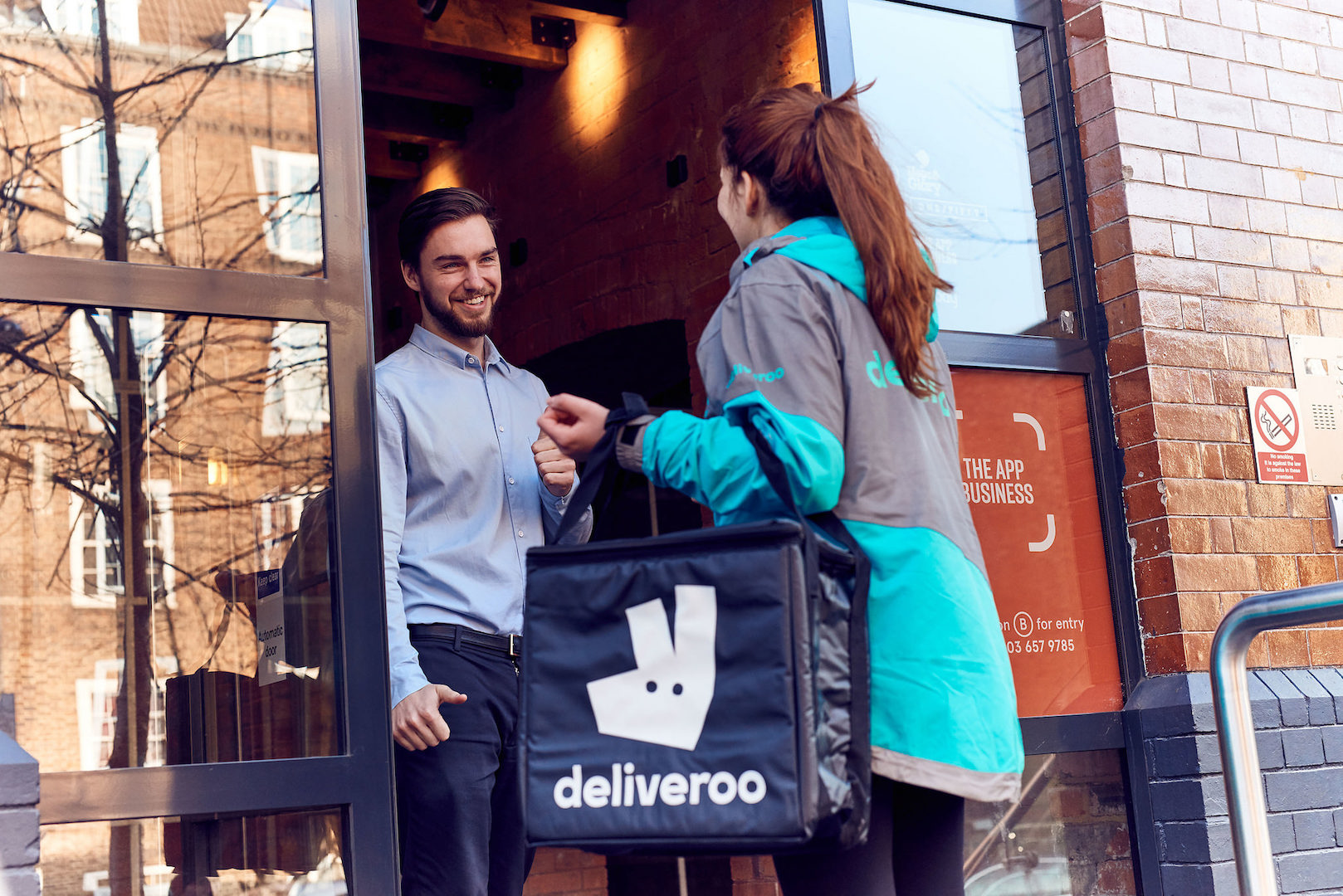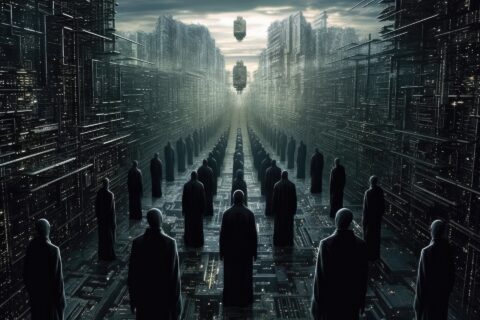House Small Business Committee Democrats this week stressed the need for Congressional action on behalf of a new and rapidly developing sector of the workforce, millennials engaged in the “gig economy.”
Reports predict that 7 million people would be working in the gig economy by the end of this year, up 26% from 2017. Other studies from gig-affiliated companies and organizations estimate that more than 30% of Americans work as freelancers, including nearly half of millennials with a growing affinity with their side hustles.
A generation hit hard by the 2008 recession, millennials are harnessing technology and partnering with their peers, creating a new economy of opportunities to supplement or replace a traditional job. During a Wednesday hearing, Democrats argued that the government should adapt 21st-century policies to protect millennials workers and small firms.
“Millennials are the creators of new digital platforms and markets to share everything from apartment space to transportation to artisan goods,” said Ranking Member Rep. Nydia M. Velázquez (D-NY). “As someone who represents nearly 200,000 millennials, I am constantly impressed by their ingenuity and their dedication to making our world a better place.”
Democrats made clear that many implications of the gig economy are rooted in broader economic struggles. While millennials are expected to be the largest generation in U.S. history, they are also among the poorest generations, saddled with nearly $1.5 trillion in student debt and the lowest saving rate of workers.
Millennials dealt a tough hand
“Millennials are redefining work and solving the most pressing issues in our society,” said Velázquez. “However, they have also been dealt a tough hand, coming of age during an economic recession and historically high levels of student debt. Congress has a responsibility to ensure that these young people have the tools they need to pursue their dreams.”

Velázquez has authored H.R. 201, the Supporting America’s Young Entrepreneurs Act, legislation that would allow student loan borrowers who are employed by or launch small businesses to defer student loan payments or even cancel out some of their debt.
“We need young people to be willing to start new firms, but today many are being deterred by mounting student loans,” Velázquez noted. “My legislation would invest in our young people and give them the breathing room they need to start new enterprises and create jobs in their communities.”
Broadly speaking, factors such as the 2008 recession and mounting student debt have driven many millennials from starting their own business. In fact, less than 2 percent of millennials were self-employed in 2014, compared with 7.3 percent of Generation Xers and 8.3 percent of baby boomers. In turn, the gig economy provides young workers who are unemployed or underemployed with flexible opportunities.
“We know from many studies that this new generation of workers will not likely spend their entire career at one company,” said Steven Olikara, Founder and President of the Millennial Action Project.
“Increasingly, we will see workers moving from gig to gig. At their best, these opportunities will unleash creativity, promote a more dynamic U.S. economy, and provide new freedom and flexibility to engage in work that fits best for the worker. However, this emerging gig workforce also raises a number of issues, from access to health benefits and retirement security, to disability and unemployment insurance, that policymakers will need to grapple with. In short, the social contract created in the 20th century will need to be updated for the 21st century.”
Keeping pace with the gig economy
The growth of the gig economy, Democrats argued, must be met with policies that adequately serve millennial workers and small firms, including expanding key benefits such as health care.

Another point of tension in the gig economy is the distinction between “employee” and “independent contractor,” which carries certain tax and labor implications. While employees have certain taxes withheld from their paychecks, independent contractors pay both shares for themselves. Democrats warned that classifying gig economy workers as independent contractors can open the doors to disputes over labor standards.
Recently, ride-sharing companies Uber and Lyft have both faced lawsuits over misclassification of workers as independent contractors. In response, some states have amended their laws to require companies in the gig economy to adequately classify their workers.
“While many of the workers in the gig economy enjoy flexibility, they must be protected from unscrupulous business practices,” said Velázquez. “As this technological revolution advances, government policy must keep pace.”
As a new and constantly evolving sector of the workforce, the gig economy offers flexibility and opportunity to a generation facing high levels of unemployment and underemployment. Best supporting these young people, Democrats argued, will require changing outdated laws and making benefits such as health care, more accessible to millennials.
© YFS Magazine. All Rights Reserved. Copying prohibited. All material is protected by U.S. and international copyright laws. Unauthorized reproduction or distribution of this material is prohibited. Sharing of this material under Attribution-NonCommercial-NoDerivatives 4.0 International terms, listed here, is permitted.







